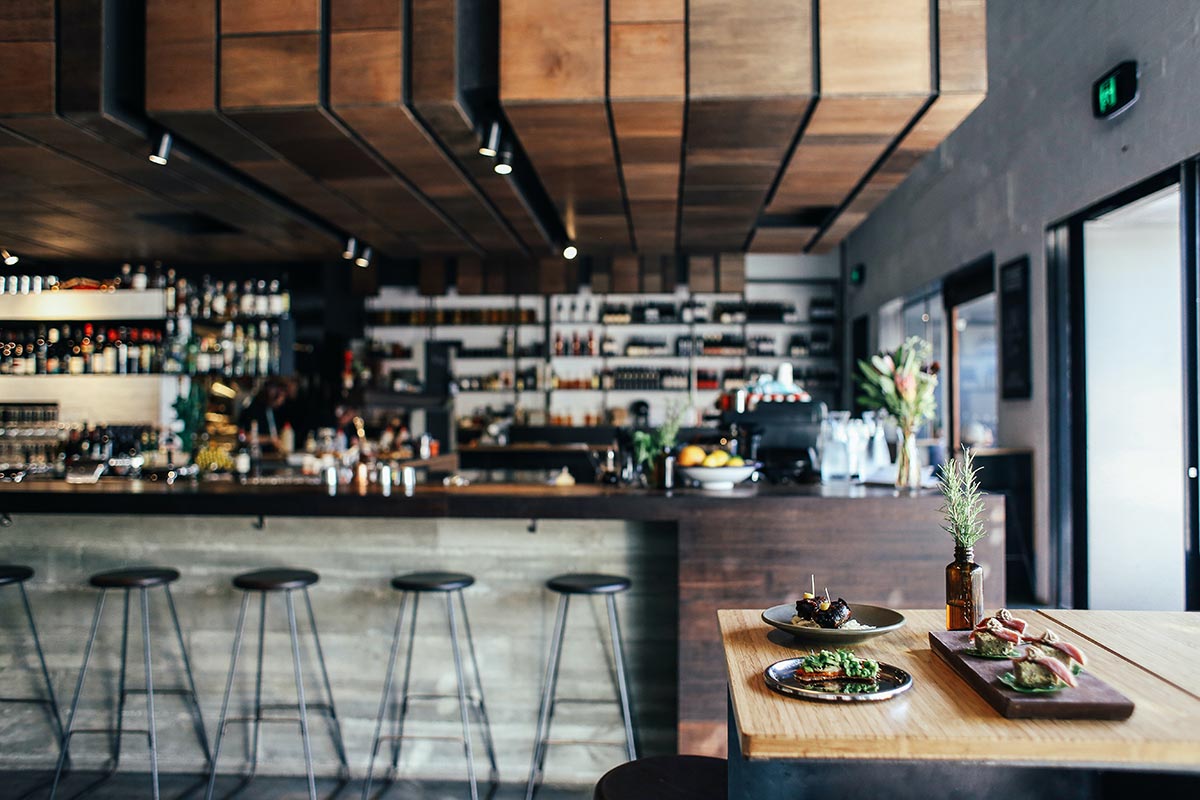

Jonathon Feiler, Group Director of Wine, Ocean House Management Group
By Jonathan Feiler
One of my favorite parts of my job is creating new and unique dining experiences for my guests. I have been creating such moments for many years now and have found that there is a bit of a recipe to the process. While creating something from nothing is not easy, it can offer great success and much satisfaction for all involved. There are five major phases to the recipe: Idea, Concept, Planning, Execution and Evaluation.
The Idea phase is the exciting part. When dreaming of new concepts, there is no limit to what you can conjure up. The idea can come from any member of the team: Everyone’s input is valued and valid. Inspiration comes at any moment; from something that we saw another property doing, a crazy idea that gets put forth randomly, a conversation you had with a vendor or colleague, or an actual planning meeting. Sometimes a simple idea can become the grand plan, so take notes, have an open mind and don’t be afraid to think big.
The Concept phase is crucial to decide what the experience will be. There are many elements to consider in this phase: location, budget, partnerships, food and beverage menu, staffing guide, dates and times of service, overall experience and end goal of the outlet.
We all know location is important; not only where will be the most exciting for your guest on your property, but where will be the most logistically sound for your staff. Your budget will give the framework of the experience and give your team a North Star to follow.
Budgets should be static but also have padding for unforeseen events. Finding a partner(s) that share the same values as your establishment is important. Whether the partner is a farm, beverage company, fashion house or food distributor, it is important that you both want the same end goal and that the teams can work together. Menus have to take into consideration the spirit of the venue, any partnerships you have and complement or supplement the overall established concept of your business.
The staffing guide, dates and times of service will give you a blueprint for your venue. Payroll is one of your largest costs and getting this part right is crucial to success, so decide on what the end goal of the experience will be. Will this be a revenue driver or a marketing strategy for your business? Establishing clear goals early will define success later. Each piece in concepting crafts how the experience will be perceived by your guests and measured by you and your team.
The Planning phase is the part where your dreams start to become a reality. This is the fun part; no, really it is! Start by setting an opening date for your new venue and delegate responsibilities to your activation team. This team should be setting deadlines and goals toward that by working backward from your opening date and making sure that all decisions are on time and on budget. Choosing furniture; china, glass, silver and linen; hours of operation and reservation mechanisms; staffing plan and hiring; marketing goals; communication plan; steps of service; and many other details will sculpt the project. Each team member must be held accountable for their piece of the puzzle for the activation to open seamlessly.
Now it’s time to execute service. Schedule a soft opening and a mock service. Once you have perfected all the details, open your new creation to your guests and watch them be delighted by your hard work and creativity.
Wait! You’re not done yet. Yes, you are open and serving elated guests, but don’t forget to continue to evaluate and constantly monitor the activation. Interacting with your guests and staff on how the operation makes them feel and how the operation is working is incredibly important. Is their feedback matching what your vision is? If not, make adjustments, keep notes and don’t be afraid to reevaluate your original plan.
What you believed to work in a meeting room may not work in reality, so adjust accordingly. Making adjustments early on will improve the guest experience, increase your revenue and make the next time you create a new experience seem “easy.”
Jonathan Feiler is Group Director of Wine for Ocean House Management Collection, including the Forbes Five-Star Ocean House, the award-winning Weekapaug Inn, the Watch Hill Inn and the Inn at Hastings Park, where he oversees the wine and beverage program and practices a wine philosophy centered on versatility and approachability. He also is responsible for a full program of beverage education classes for individuals and groups.



